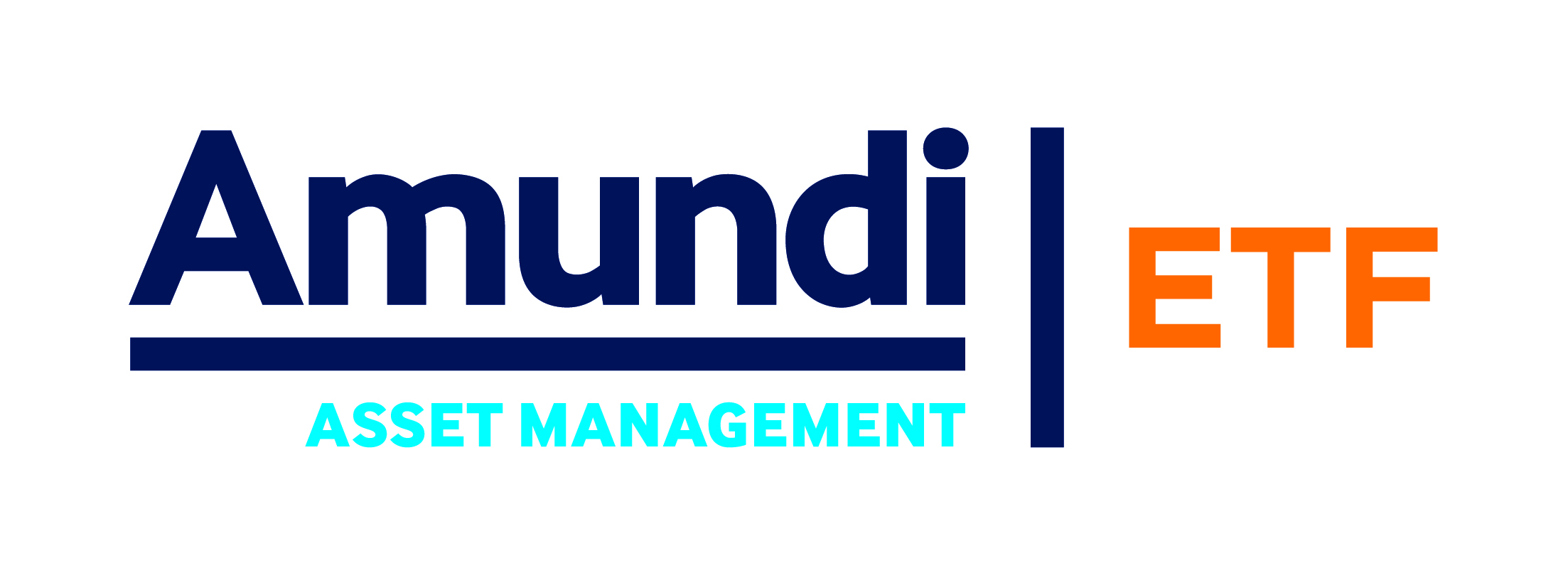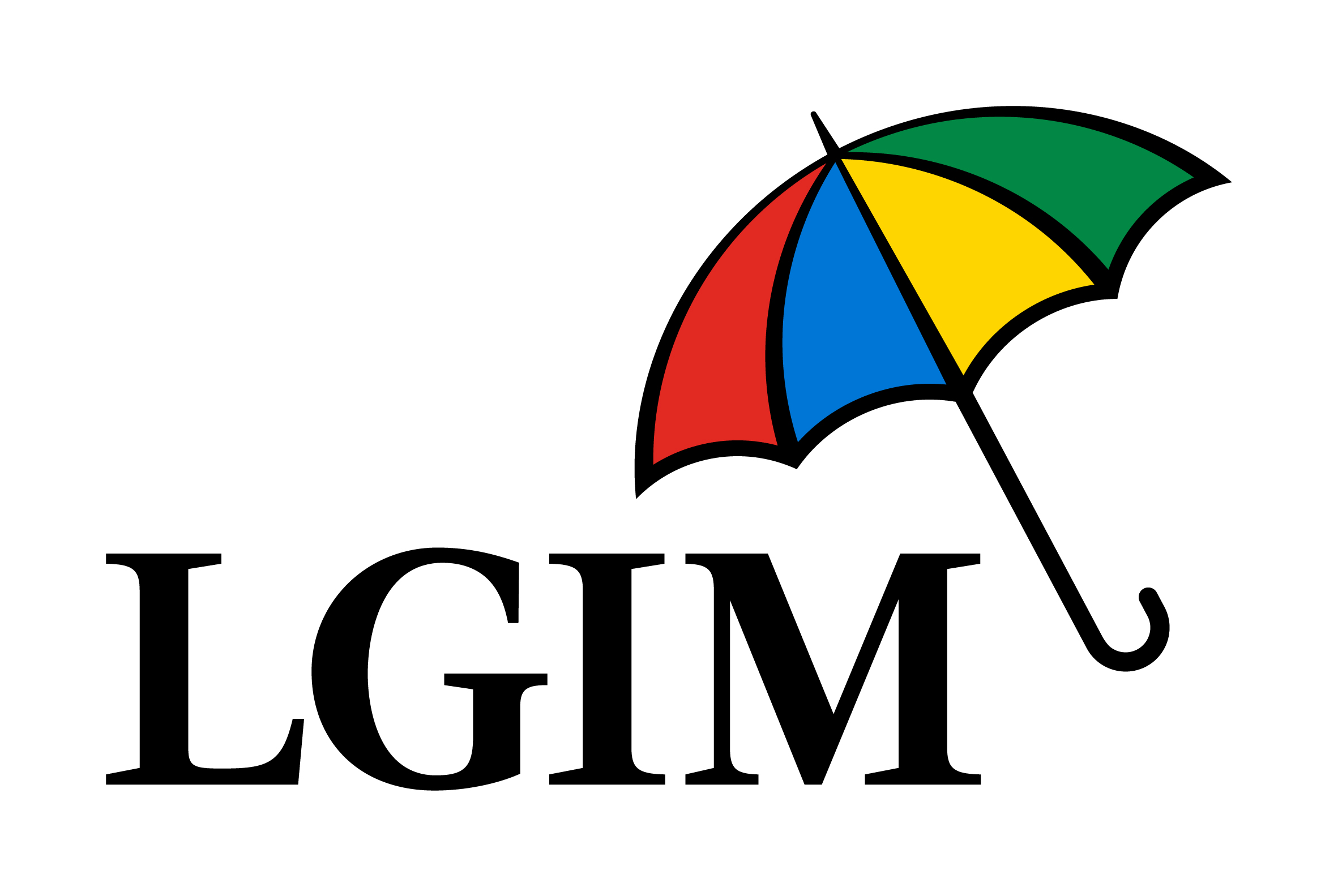ETF issuers are increasingly incorporating ESG targets into executive bonus pay in a bid to capture the rapid growth of the market that shows no sign of slowing down.
Last year, 51% of the $195.3bn flows into the European ETF market into ESG products, according to data from Morningstar, up from 40% in 2020 and 10% in 2019, due to a combination of new flows and the conversion of non-ESG ETFs into ESG versions.
A new report, titled Linking CEO Remuneration to ESG Targets, found some of the top European ETF issuers – BlackRock, Amundi, DWS, Legal & General Investment Management (LGIM) and Invesco – have substantial ESG remuneration targets.
Incentives vary from growth in sustainable assets under management (AUM), green product development, ESG fund ratings, stewardship and ESG processes across fund ranges.
While not new for bonus pay to be linked to strategic priorities, how these bonuses are measured is important. Not only does it shape the way the industry approaches ESG but also gives an insight into what drives asset managers' attitudes towards sustainable investing.
The report, published by financial publisher Capital Monitor, found only 11 of the top 100 asset managers globally by AUM publicly disclosed linking executive bonus pay to ESG targets. Transparency in declaring ESG related targets also differed, with larger firms such as BlackRock and Amundi among the most open about their remuneration scores, scoring 80 out of 100, respectively.
According to the report, Larry Fink, CEO of BlackRock, took home a $28m bonus in 2020 with half linked to “non-financial indicators” including the company publishing its Sustainability Accounting Standards Board (SASB), Taskforce for Climate-related Financial Disclosures (TCFD), sustainable fund development and its diversity hiring drive.
BlackRock’s remuneration committee also commended Fink for the company’s $68bn net inflows into sustainable strategies in 2020.
The world’s largest asset manager continues to move its ETF range into what is classified Article 8 and 9 under the Sustainable Finance Disclosure Regulation (SFDR). Last October, the business added an EU climate benchmark to its $9bn ESG enhanced ETF range and last month switched fiver sector ETFs to ESG indices.
Amundi has been equally transparent regarding its bonus structure. The firm announced its ESG Plan 2025 in December, outlining plans to double the number of its ESG ETFs to 40% of its entire range, introducing an “environmental transition rating” assessing companies decarbonising across €400bn of its actively managed funds.
In a bid to achieve these goals, Valerie Bausdon, named CEO of Amundi last year, said the firm will be linking ESG performance objectives with the remuneration of 200 senior executives as well as all portfolio managers and sales representatives.
Baudson is set to take home €2m in variable pay with 30% tied to non-financial indicators which include implementing the businesses’ ESG policy, the report said.
Bausdon’s bonus will also be linked to sustainable product development and the exclusion of coal and tobacco.
DWS also said its executive remuneration will also be linked to sustainable product development, as well as “growth of ESG-specific flows”.
According to DWS’s compensation system for executives, the firm aims to become the leading ESG asset manager and a pioneer by establishing ESG as the standard underpinning and forming the focus of its fiduciary and corporate activities.
As a result, its ESG objectives account for at least 20% of the total reference variable compensation.
Other objectives include improving its sustainability rating, under the UN’s Principle for Responsible Investing (PRI), and reducing its CO2 emissions. Furthermore, it is aiming to strengthen the corporate social responsibility activities of employees and introduce a “speak-up culture”.
DWS came under fire last year after a whistle blower and former group sustainability officer claimed it was misrepresenting its ESG credentials to clients. The group has since launched an external investigation into the allegations.
Elsewhere, Invesco and LGIM also linked their remuneration to the UN’s PRI, with the latter responsible for advancing the firm’s stewardship of portfolio companies.
These ratings are based on ESG integration to overall investment practices, not just on ESG-labelled products, and consider scope and sophistication of ESG integration, the report noted.
Overall, most asset managers are not publicly reporting their ESG targets for the variable remuneration of their executives and those that are given broad sustainability remits as outlined above.
“Targets generally lacked specific, quantitative KPIs, but this may reflect the fact many asset managers’ ESG strategies are relatively new,” the report said.
“Over time, consideration of the actual environmental impact of stewardship, green products and fund ratings would add further credibility to these objectives.”
Related articles








